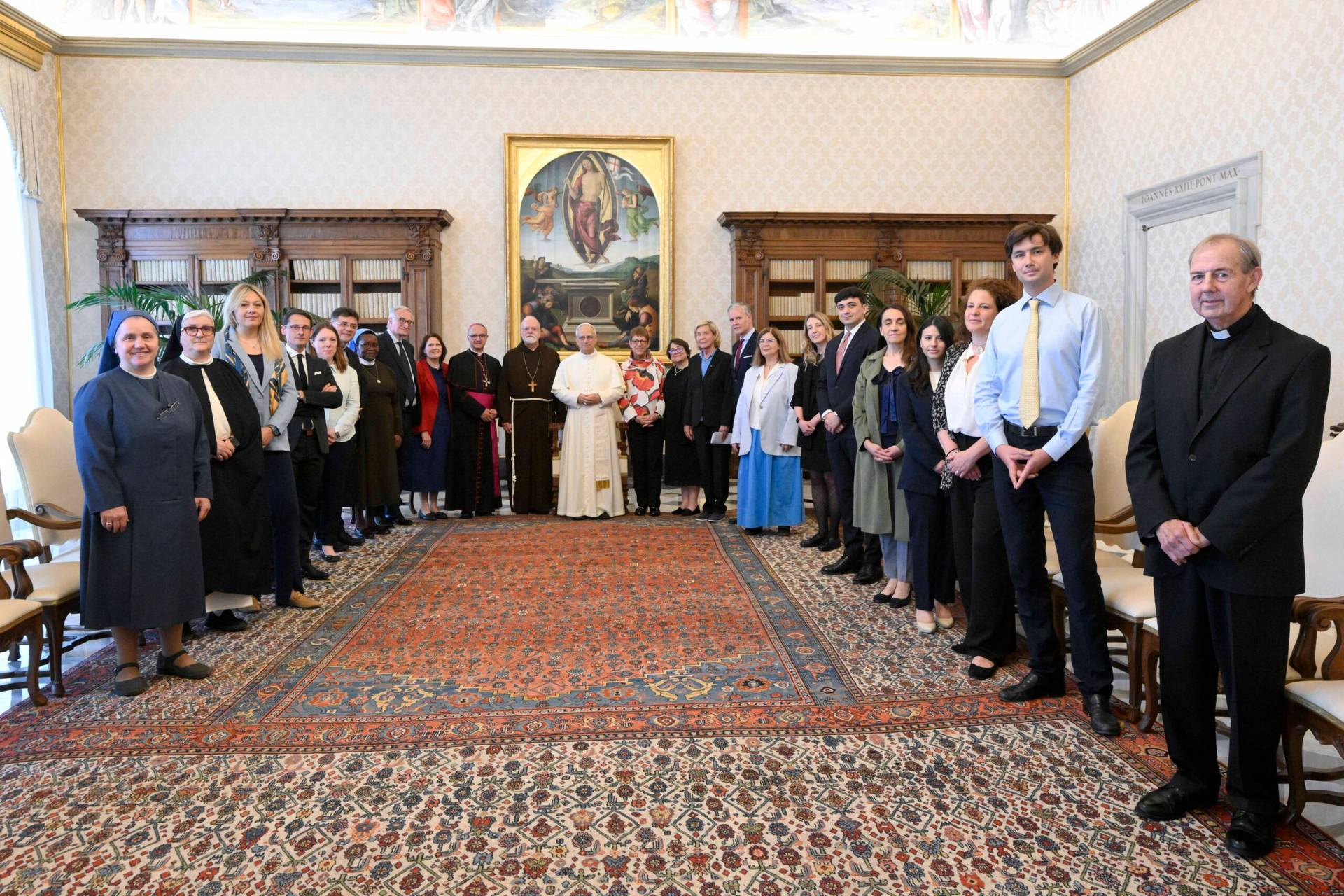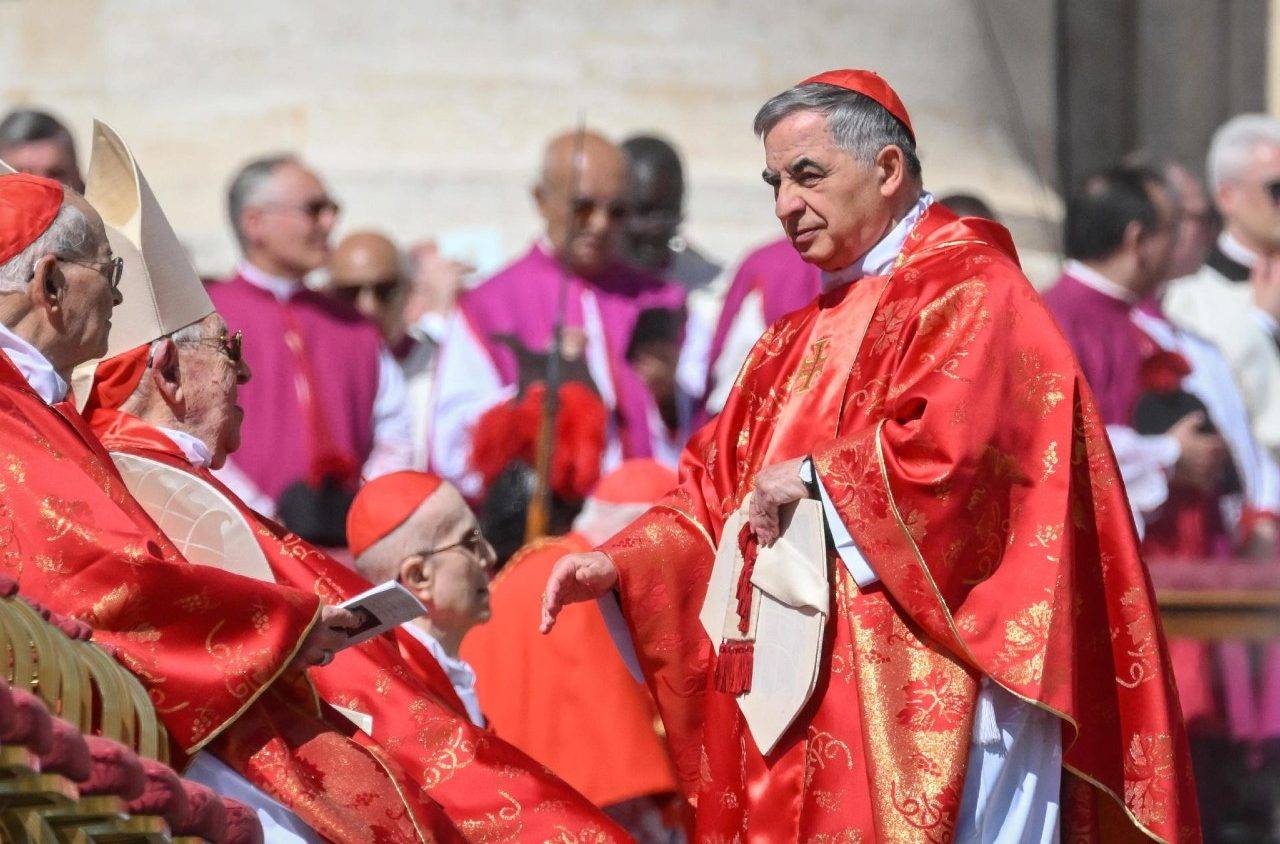ROME – Among non-Catholics – and, for that matter, among some Catholics too – an announcement by the Australian bishops on Friday that the seal of the confessional is “non-negotiable,” even in cases of child sexual abuse, elicited incomprehension, outrage, and borderline disbelief.
For those folks, what they heard boils down to this: The Church is saying that its archaic traditions and rules trump both the law of the land and child safety.
Given the overheated atmosphere of the moment after a sensational charge by a former papal ambassador to the U.S. that Pope Francis himself is guilty of a cover-up in the case of ex-Cardinal Theodore McCarrick, as well as the passionate reactions discussions of child abuse understandably always stir up, it’s difficult to get a patient hearing for why the integrity of the confessional matters so much to the Church – and any attempt to provide one easily ends up looking like obfuscation, or trying to defend the indefensible.
Yet for anyone trying to understand the situation, here’s a recap of the basics.
First, to state the obvious, confession is one of the holiest rites of the Catholic Church. The belief is that in the space, a person is able to unburden himself or herself of sins before God, and that, through the priest, the believer encounters God’s mercy and forgiveness.
Taken seriously, confession involves the most intimate zones of a person’s conscience, and it’s protected by the most serious measures possible in Church law. Any priest who violates the seal of the confessional is subject to latae sententiae excommunication, meaning it’s automatic, and only the pope could lift it.
The point people often miss is that, at least in theory, those rules are not designed to protect the Church or its personnel. They’re designed to protect the believer, so they can have absolute confidence that whatever they reveal will go no further – that this is a “safe space,” where the exchange is between them and God alone.
Further, Church officials will point out that protecting such a “safe space” isn’t unique to Catholicism. It’s analogous to attorney/client privilege, for instance, or doctor/patient confidentiality. For journalists, it’s a bit similar to the protection of sources. The idea is that in every case, there’s a legitimate good to be served by maintaining a wall of confidentiality around certain exchanges.
Second, even the most ardent reformers in the Catholic Church – people who’ve been working tirelessly for years now, often at great personal sacrifice and risk, to cajole the Church to clean up its act, including reporting the crime of abuse and cooperating with civil authorities – often say that eroding the seal of the confessional arguably would harm victims’ welfare rather than serve it.
That’s in part because it’s rare for a predator to confess his abuse, since the whole point is to keep it hidden. What’s more common is for victims and survivors to use confession to finally begin talking about it with someone they trust, often well before they’re ready to go public. Breaching that zone of confidentiality, many experts say, could get in the way of recovery more than it would promote the interests of justice.
It’s worth noting that the clerical abuse crisis has been a fact of life in the Catholic Church for two decades now, and despite exhaustive investigations and studies, there’s been no serious suggestion that the seal of the confessional has been a major factor in keeping these crimes hidden.
What is well documented, however, are cases of bishops and other superiors who became aware of abuse allegations in other ways – phone calls, letters, personal conversations, and so on – that enjoyed no sacramental protection at all, who nevertheless turned a blind eye and failed to act.
For that reason, many experts say that rather than debating the seal of the confessional, a much better use of time would be to build a system of accountability with teeth not for the crime, but for the cover-up. Right now, anyone who believes a bishop is covering up abuse doesn’t really know where to direct that concern, how or by whom it would be investigated, and what sort of punishment might be imposed if it’s true.
Offering answers to those questions, these experts say, would go much farther towards reform than tinkering with a sacrament.
So far, the Vatican has not issued any public comment on the statement from the Australian bishops, which came in the form of a lengthy response to a series of recommendations made by the country’s Royal Commission into Institutional Responses to Child Sexual Abuse. The bishops actually accepted 98 percent of those suggestions, but it’s their “no” on the confessional that made world headlines on Friday.
If the Vatican does get around to saying something, however, it’s virtually certainly to back the Australian bishops strongly. Arguably that’s even more certain under Francis, whose passion for the sacrament of confession is the stuff of legend.
Seen from inside Catholic tradition, belief and practice, all that may seem the most rational, even obvious, thing in the world.
Given everything else breaking at the moment, however, it may be a tough sell to the outside world – which is why, if the bishops and the Vatican are truly serious about defending the integrity of the sacrament, this might be a great time to demonstrate progress in the fight against child abuse on some other front.

















